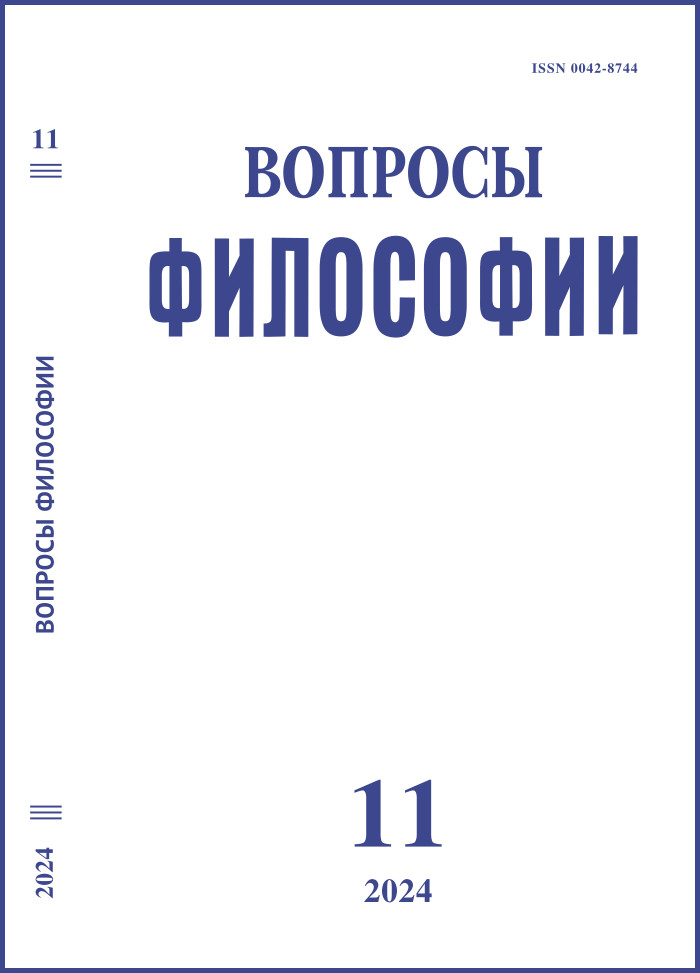At the Threshold of Evolutionary Philosophy of History: Mengzi wei by Kang Youwei”, Kang Youwei, Mengzi wei. Foreword with Xinmin congbao edition foreword, Trans. from Chinese into Russian and Comm. by Dmitry E. Martynov
DOI:
https://doi.org/10.21146/0042-8744-2024-11-160-173Keywords:
Kang Youwei, Great Unity, Neo-Confucianism, Mencius, EvolutionismAbstract
The article is devoted to the “Commentary on Mencius” (Mengzi wei, literally “The Deep Meaning of Mencius”) by the Chinese theorist-reformer and philosopher Kang Youwei (1858–1927). The text of his “Commentary...” is dated by the author in 1901 and was published in 1913 with a preface, which is published for the first time in Russian translation. Mengzi wei, formally representing a traditional commentary on the Confucian canon, contains many innovative ideas for Chinese philosophy, defining the vector of intellectual development of Kang Youwei. The canon Mengzi is recognized as the key to the esoteric teachings of Confucius, which in the 20th century revealed to Kang Youwei himself, personally representing a modern-day Confucius. From the ancient commentary of Gongyang and the commentary of He Xiu Kang Youwei extracted the concept of Three Eras, which in Mengzi wei was first arranged in an evolutionary sequence: the Era of Chaos, the Era of the Nascent World, the Era of Great Peace and Great Unity. Kang Youwei categorically rejected Darwinian evolutionism, which leads to increased chaos, opposing the Confucian category of benevolence (ren), which finds expression in the physical laws of the Universe

